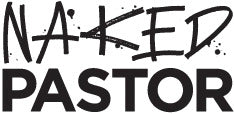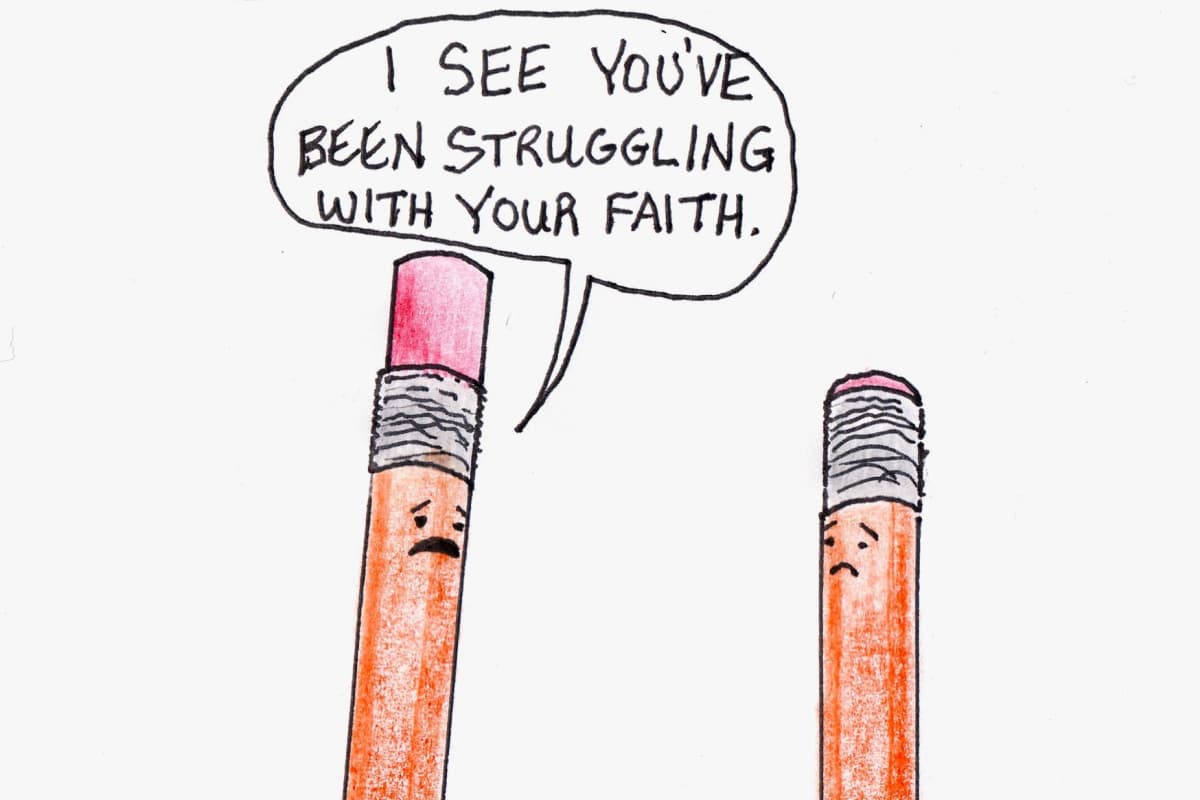"The unexamined life is not worth living" (Socrates).
Journaling helps me examine my life and provides a peaceful daily ritual for me. In this blog, I’m going to tell you about why I journal and three reasons why you should journal too.
But first, a couple of side notes:
First, we can all agree that faithfully writing in a journal can make one a better writer, a better storyteller, and a better thinker.
Second, what style of journal you write in is your preference. I've come to learn that my favorite journal is the Moleskin-lined one. I love them. They are attractive, well-made, and durable.
Okay. Preliminaries out of the way. Here’s what made me pick up a notebook and pen, to begin with.
Why I Started Journaling
The reason I started journaling was because Thomas Merton did. He was a Trappist monk famous for his published journals, all of which I have in my library.

I aspired to be like Merton not only because he changed my life through his spiritual writing but because, for me and many others, he exemplifies the height of human spiritual progress.
Now, let’s get to the benefits that I think are the most important.
1. A Preserver of Memory
One of the basic benefits of keeping a journal is that you are documenting your life. I have journals that go way back to 1987. They all fill a couple of huge boxes. I can go back and read about what was happening and how I was experiencing and processing it decades ago.
For example, I can go back to the day of my ordination into the Christian ministry – that’s the first entry – or I could read about the days our three kids were born. Or when Lisa and I went on a certain vacation. Or when a certain tragedy happened. I can relive every one of these moments again and again.

I can also go back to the notes I’ve taken from books I’ve read. When I read a book, if I come across a really good line or section, I record it in my journal. I may also add my thoughts. This has become very useful so many times in my life.
Sometimes I think to myself… just imagine if you entered all this into a software program. I could search for quotes, moments, and memories. Or maybe even publish the best bits of my notebooks as an autobiography!
When you record your life in a notebook, you are creating an actual document of your life.
2. A Tracker of Progress
If you are interested in your personal growth, then journaling is a necessary exercise. I can read back years ago in my spiritual life and see where I was and where I am now.
The funny thing is, most often, I have the shocking realization that I haven’t changed that much. I’m still basically the same guy!
On the other hand, I can see some kind of progress, development, or growth. I’m not sure what to call it now because I’ve concluded that growth isn’t linear or in stages.
I believe growth is spatial in that we expand to become larger in spirit. Therefore, we do not reject our former selves or lives or even our darkness, our shadows. Somehow, in healthy growth, all that has gone before or all that is uncovered gets folded in to integrate with who we are becoming… our most authentic selves.
I wouldn’t have come to this realization if I hadn’t journaled. This leads me to my next point.
3. A Tool for Self-Awareness
This is the most important fruit that journaling bears.
As I noted above, I wouldn’t have realized how personal and spiritual growth works if it wasn’t for journaling.
So, instead of me naïvely and proudly thinking that I have somehow made significant progress and become someone different, a new and improved me, I can see that, on a more complex level, I have become a little deeper and, therefore, wiser. I’ve become a little stretched and, therefore, more spacious and a little more empathetic and compassionate.
Do you see?
You will learn, through journaling, that you are the main character in your story. And as good main characters demonstrate, you will learn that you are a very complex person, deep and wise in your way, and even more compassionate because you are aware… aware of your surroundings and yourself.
(Click on the cartoon for a digital download or click HERE!)
Those are the three reasons I think you should start journaling: to preserve your memories, to track your progress, and to become more self-aware. I hope that journaling gives you everything you need to examine and then embrace the life ahead of and behind you.
Do you journal already? I would love to know if it’s helped you.
If not, when are you going to start?



4 comments
Pass them on to my kids.
Oh they will! Thanks Graham.
David, thanks so much for your insights into journaling. I think your reflections on the ‘why’ of journaling and the three benefits you identified really hit the nail on the head. I’ve journaled on and off for many years but I’ve thankfully been consistent at the practice for the past six years. My journals follow a pattern of weekly Sunday evening general reflections and a daily ‘commonplace book’ approach. I record Stoicism and other philosophical schools based passages and comment on them re their relevance to my own life, i.e. writing on the virtues of Wisdom, Courage, Temperance and Justice has been useful for examing my own thinking on my core values. I’ve recently journaled on Funakoshi Gichen’s twenty principles of Karate-do and Choi Hong Hi’s Tenets of Taekwon-do too. I’ve developed a model of ‘read, reflect and respond’ that works for me. I’ve no doubt countless journalers across the world have arrived at methods and practices that work for them too.
I’m hoping at the end of my life that my children and grandchildren will find value in my journals.
Thanks again for the post.
I’ve journalled for years too. It does help me remember and see where I was. What will you do with your journals when your life comes to an end? It’s something I’ve wondered about for myself. Also, should the journal remain completely private, or is there a time to share it with others?